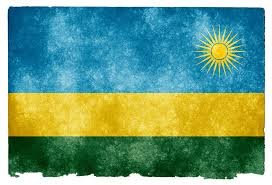
Introduction
On 15th July 2024, Rwanda conducted its presidential and parliamentary elections
in a restrictive environment. The country re-elected President Paul Kagame with over 99% of the votes. Political opposition continues to face severe restrictions to their right to freedom of association, along with threats, arbitrary detention, prosecution on trumped-up charges, killings, and enforced disappearances. Independent civil society and the media also face attacks, intimidation, harassment, and reprisals for their work. Authorities barred opposition figures from participating, including Diane Rwigara of the People Salvation Movement.
Association
On 13th March 2024, a Rwandan court upheld the election ban on opposition leader Victoire Ingabire due to her past convictions for terrorism and genocide denial. Authorities arrested Ingabire in 2010 for criticising President Paul Kagame’s government and alleging human rights abuses. Although she received a pardon in 2018 after serving eight years of a 15-year sentence, the court denied her request for rehabilitation, deeming her application premature for failing to meet all conditions set by the presidential order. A rehabilitation would allow her to contest the 15 July polls despite a legal ban on convicted candidates who have been jailed for six months or longer.
On 13th May 2024, Rwandan authorities denied entry to Human Rights Watch researcher Clementine De Montjoye, citing undisclosed “immigration reasons.” The authorities asserted that Human Rights Watch consistently fabricates reports and distorts the reality of Rwanda. Prior to this, De Montjoye, seeking to investigate human rights, had notified and requested meetings with Rwandan officials. This action raises suspicions of Rwanda evading independent scrutiny ahead of the UK’s asylum seeker transfers.